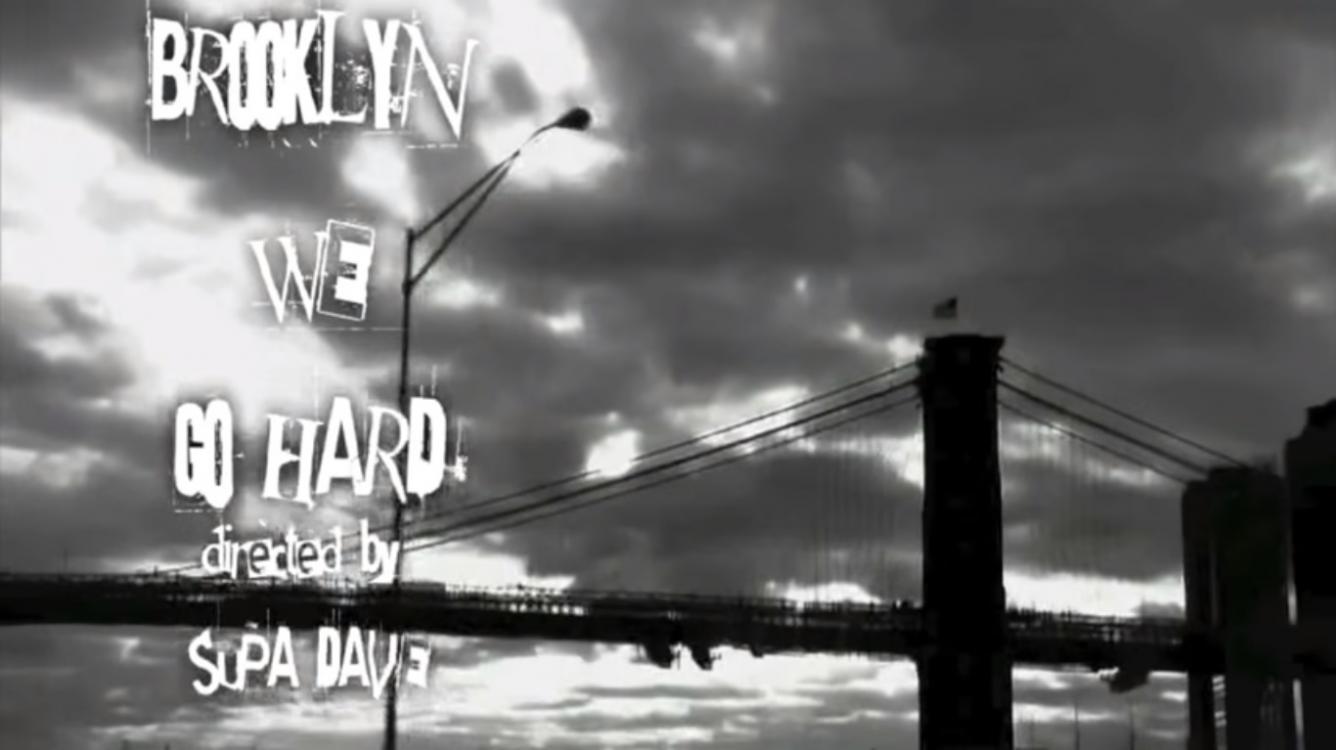
Adventures in New York City: Part 5, Brooklyn Goes Hard
“Points –ain’t have ‘em, gotta get ‘em!”

I had one more important story to tell from my adventures in NYC. With so many stories and cool chess and non-chess things that happened, I could go on for quite some time telling stories. This adventure is dedicated to a friend, ThisisChesstiny,who recently asked about whether he should play up in a tournament, i.e., against stronger opponents in Classes above him. My answer is a resounding: yes! And do so as often as you can psychologically handle it! That brings me to the weekly tournaments at the Brooklyn Strategist, run by a very friendly person (and a good chess coach, I hear), Shawn Martinez. If there were ever someone in some particular tournament who was sure to be brutally battered in a tournament, it was me and in that tournament. During the very first of the weekly events, the field included IM Aleksandr Ostrovskiy (2485), Levy Rozman (2378), Danny Feng (2103), IM Jay Bonin, Bora Yagiz (2055), and FM Boris Privman. Oh yeah, and there was me, too (1629). Worst of all for me, it was my worst control, which is in the G/30 area. (Actually, anything from about G/15 to G/45 is a nightmare for me, because I either blitz out moves, take way too long, or only do partial calculations when full calculations are needed. Pacing and that’s-good-enough calculations… Yuck!)

After uncorking a massive combination on Boris that ended in mate in the first round, I was off to the races and up an exchange against IM Bonin AND … No that never happened. Exactly what you would expect to happen is what happened. Well, not exactly. I did lose every game, but not only did I learn some super important lessons, I also boosted my confidence and saw a vague image of what could be. Against Rozman, I was so relaxed that I dropped the first piece I had dropped in –well, probably since my second year of tournament chess! In that game, for example, I had zero clue about what to do as white in the French Defense when black opts to play dxe4 early, and I’ve only seen the move in one other USCF game (at the Indianapolis Open Quad versus Brian Henry) and in a few blitz games; yet, I was able to make it through the opening, fighting. Another lesson I learned is that there is a difference between being completely relaxed contra relaxed with mental pressure on the game. I relaxed so much that I dropped a whole R, and in such a way that the game was immediately ending on about move 20. From putting myself in practice games against much stronger players, I had been psychologically prepared for what kind of skill Rozman would unleash on me, but I had failed, hitherto, to distinguish between two different kinds of mental states from one another: one kind of internal tension (physiological stress) that is to be minimized, in order to perform optimally, and the other kind of internal tension that induces the subject’s highest state of awareness possible –maybe it could be called “existential stress.”
In the second round, I had Danny (winner of the 2015 U2200 section of Empire City Open) in time trouble, down a pawn and an exchange, with the only compensation being a strong passer. Unfortunately, I was also in extreme time trouble, and I only knew it when a crowd formed around my board, making me look to my clock. Maybe I could have won the game with better time awareness –I don’t know. What I do know is that I was able to play very evenly and, at one point, even if briefly, one-upped my 2100-level opponent. Honestly, I doubt I had the technique to win the game. Upshots were: I gained confidence from my play; I learned that I can hang in some positions against strong Experts; I learned I need to be on point at all times with my practical skills, such as time awareness and management; and I learned that I need to learn better how to drive home wins in positions where I am able to gain the upper hand. That last point is easier said than done, as Lasker said, the hardest game to win is the won game; but it is still a lesson learned and taken to heart.

Every round had its tough opponent, and every round had numerous lessons. The benefits are not limited to lessons. As they say, iron sharpens iron. It’s true. But iron sharpens wood (i.e., me), too, and my recent unbeaten streak has to be partly attributed to playing in super tough fields like those at the Brooklyn Strategist. (Note: In the last 18 standard USCF games, I’ve suffered only 2 defeats coming by way of the hands of a 2234 and a 2308.) Due to the experience of high-level chess, having my technical ability challenged, being psychologically hardened to that level of competition, and other consequent considerations, I’m playing my best chess.
Obviously, one must steel their heart in preparation to meet such competition, head on; but once at that level of psychological preparedness, I don’t see much reason for playing down, only playing up. After all, I don’t play chess just to win games, I play it to improve, which is what I think many of us want. Therefore, I prefer to be clobbered and winless on Mt. Olympus rather than reign over my choice of anthill. For those strong players in Brooklyn, the weekly Brooklyn Strategist tournament is a proving ground for those who go hard. For me, it was an improving ground, and I greatly appreciated playing such strong competition, similar to the field I sought out in South Miami, a couple months later.
For anyone in the area, I highly recommend stopping in and playing at Shawn’s weekly tournament.
